The US Immigration Rules: How Green Card Holders Can Travel Safely Abroad
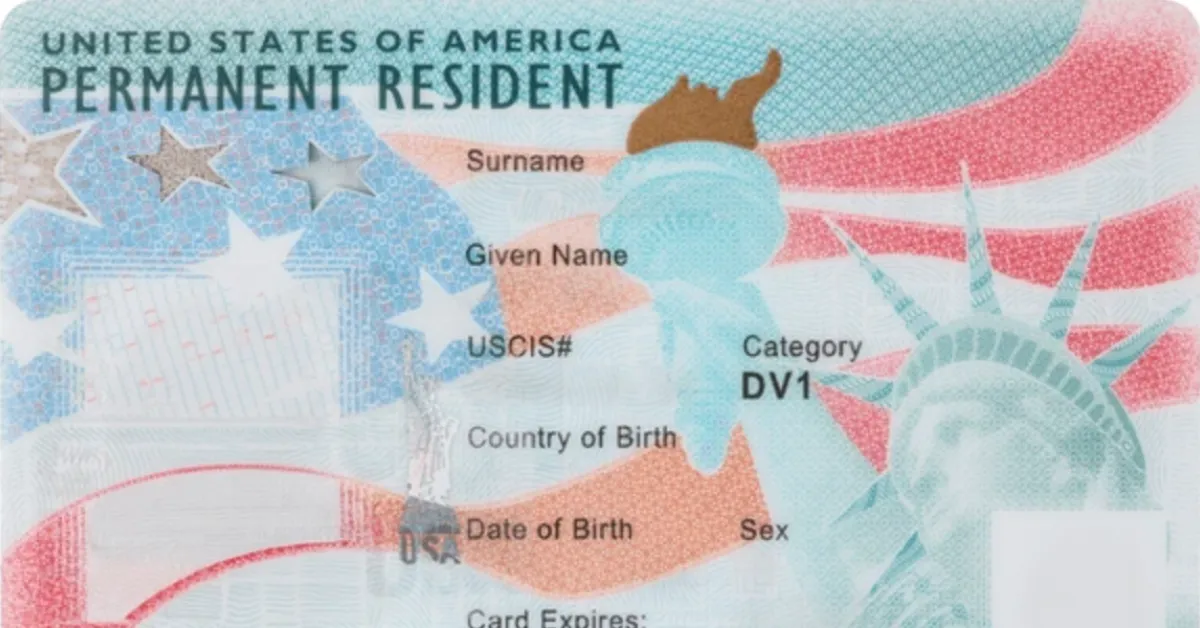
As the US permanent residents prepare for international travel, immigration experts advise meticulous attention to maintaining ties to the United States to ensure seamless reentry and avoid jeopardizing their residency status.
Extended absences, particularly those exceeding one year, can trigger increased scrutiny by Customs and Border Protection (CBP) officers upon return. While a valid Green Card is essential for reentry, CBP officers conduct comprehensive assessments, evaluating the duration of the resident's time abroad and the strength of their connections to the US. Evidence suggesting the establishment of residency in another country, even during absences shorter than a year, can raise concerns.
Immigration officials consider a range of factors to determine whether a Green Card holder has abandoned their US residency. These include the US employment status, the filing of federal and state taxes, family relationships within the country, property and business ownership, and active participation in the US financial institutions. Each reentry is evaluated individually, underscoring the importance of maintaining robust documentation.
To mitigate potential reentry issues, permanent residents should proactively maintain evidence of their continued ties to the US. This includes maintaining a valid US mailing address, keeping an active US bank account with regular transactions, possessing a state-issued driver’s license, and owning property or businesses within the United States.
For those anticipating extended stays abroad, applying for a Reentry Permit is highly recommended. This permit allows Green Card holders to remain outside the US for up to two years without risking their permanent resident status.
Immigration attorneys emphasize that thorough preparation and adherence to regulatory guidelines are crucial for a smooth return. By staying informed and maintaining strong ties to the US, permanent residents can safeguard their Green Card status and avoid complications at the border, reinforcing their commitment to the US residency.





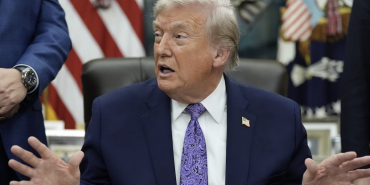
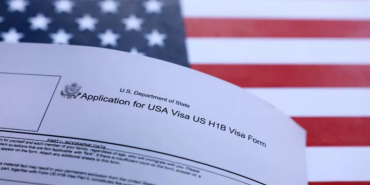
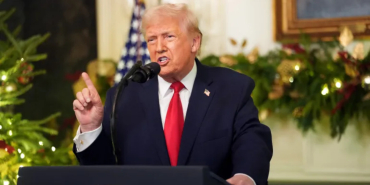

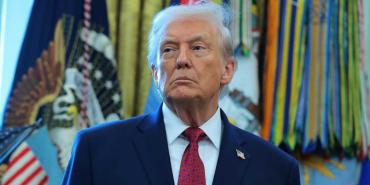




Add new comment